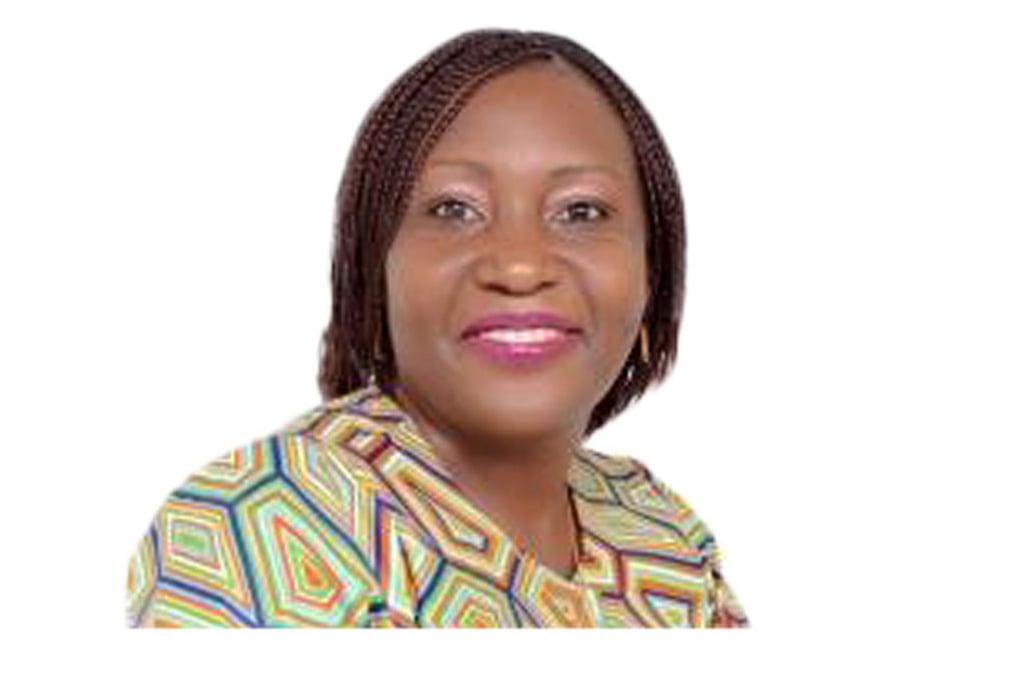Equip students with practical skills

What you need to know:
- Plagiarism, the act of presenting other people’s writing as one’s own, was totally unacceptable in our day as it is today.
A Chinese proverb states that a journey of a thousand miles begins with a single step. In 1981 I took the first step in my long journey as a professional journalist by joining the School of Journalism at the then Institute of Public Administration (IPA), now Uganda Management Institute (UMI).
Back then IPA was the only institution in Uganda offering an ordinary diploma in journalism training to junior reporters working for local media organisations. The annual intake was just 15. The majority came from government-owned media houses such as Radio Uganda, Uganda Television (UTV), Uganda News Agency and Uganda Times newspaper, now New Vision.
I was sent there by The People newspaper where I had worked for about a year under the wing of the late Dick Nyai, who was the chief editor, with Yoga Adhola as the editor-in-chief.
Forty years on I am happy to be one of the consultants contracted to facilitate the newly established Postgraduate Diploma in Journalism and Communications Management at UMI.
Undoubtedly, this engagement provides an opportunity for both the students and I to share experiences and learn from one another because the field of journalism has gone through a lot of changes over the decades.
Forty years ago, our generation of young reporters knew nothing about computers, mobile telephones, smart phones, tablets or other kinds of high tech gadgets that have made writing and research by aspiring journalists today so much easier and faster.
Nevertheless, those tools have also made it so much easier for writers to be tempted to copy and paste information from the Internet, thereby committing one of the major offences in journalism – plagiarism.
Plagiarism, the act of presenting other people’s writing as one’s own, was totally unacceptable in our day as it is today. And that is why it is still important for everyone involved in the business of journalism to internalise the three major inter-related principles that are key to credible journalism – honesty, accuracy and transparency.
Journalism demands honesty because plagiarism is not only deception on a grand scale but it is also a form of theft. It also demands that both editors and writers make great efforts to present information that is accurate in usage and substance. Particular attention must be paid to checking and cross-checking accuracy in facts, names, spelling and grammar.
Unlike today when a reporter may quickly check spelling on a computer, we the reporters of the pre-computer era relied heavily on English dictionaries to check and cross-check words to ensure accuracy in spelling and grammar. And in this age of information explosion and its ease of access by the public, the demand for transparency seems greater for the simple reason that better informed audiences deserve to know where journalists get the information they put in their news stories. Plagiarism, half-truths or fake news deny readers, listeners and viewers that knowledge.
Forty years ago, much of the journalism training we received was practical. We had our own student newspaper, The Pen, printed using rudimentary technology. (We cut stencils on a typewriter and then printed pages on a cyclostyling machine.) For radio production they took us to Radio Uganda. For television production it was UTV. And for photojournalism, we used still cameras to take pictures and then went to develop the films in the dark room at Radio Uganda.
But journalism training seems to be taking a different path today. Apart from short internship programmes executed in media houses, not much practical work is happening in the premises of many of Uganda’s institutions of higher learning now churning out hundreds of journalism graduates every year. We need to equip journalism students with practical skills to help them succeed as future professionals. It is these skills that can later be honed by professional editors.
Nevertheless, we too had our share of challenges. For example, four decades ago, an imaginary radio called Radio Katwe, the rumour mill, stained the communication process in Kampala and beyond. This was one of the things that worried President Godfrey Binaisa shortly after he assumed office in June 1979. He complained that Kampala generated seven rumours a day from the original seven hills constituting the city. Indeed, as young reporters, we struggled with the challenge of how to write credible news stories from the many rumours flying all over the place.
That challenge still exists at least in one major respect. The Internet, the largest granary of useful information, is also a den for plagiarists, pranksters, liars, rumourmongers and whatnot. Therefore, journalism students must learn how to separate fact from fiction, truth from lies, and information from misinformation. They must learn early how to be informed users of the Net.
Dr Okodan Akwap, Associate Consultant on Postgraduate Diploma in Journalism and Communications Management




